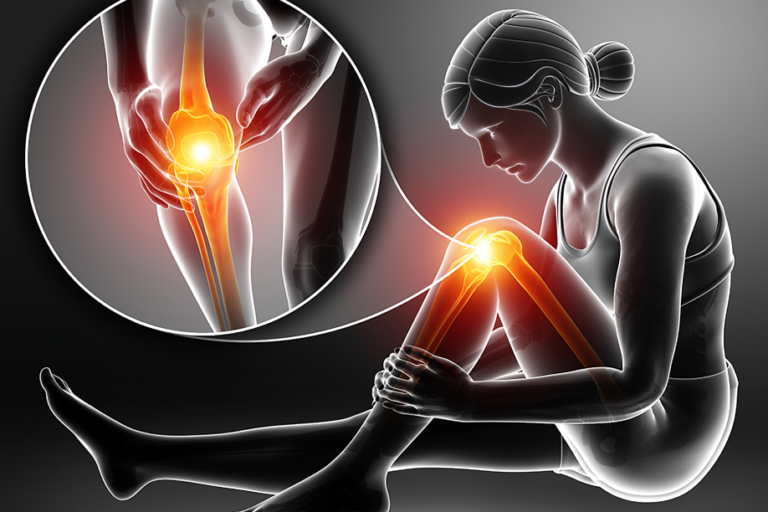Common Causes Of Neck Pain: A Comprehensive Overview
Neck pain is a prevalent complaint affecting millions worldwide, impacting their daily activities and quality of life. While often temporary and manageable, neck pain can sometimes signal underlying health issues that require attention. Understanding the various causes of neck pain is crucial for effective management and prevention. In this comprehensive overview, we delve into the common culprits behind neck discomfort.
To Know More About It Please Click Here
Muscle Strain and Tension
One of the primary reasons for neck pain is muscle strain and tension. This can result from poor posture, overuse of neck muscles, sudden movements, or sleeping in an awkward position. Activities such as prolonged sitting at a desk, carrying heavy bags on one shoulder, or frequently looking down at smartphones and computers can exacerbate muscle strain in the neck.
Degenerative Disc Disease
Degenerative disc disease is a condition where the intervertebral discs in the spine gradually deteriorate over time. As these discs lose their cushioning ability, they can lead to stiffness and pain in the neck. Age-related changes, repetitive stress on the spine, and genetics are significant contributors to this condition.
Herniated Disc
A herniated disc occurs when the soft inner material of a spinal disc protrudes through the tough outer layer and presses on nearby nerves. This can cause pain, numbness, and tingling sensations that radiate down the neck and into the arms. Herniated discs commonly result from injury, wear and tear, or sudden, strenuous movements.
Cervical Spondylosis
Cervical spondylosis, also known as neck arthritis, is a condition characterized by the degeneration of the cervical spine. Over time, the cartilage and bones in the neck may develop osteoarthritis, causing stiffness, pain, and reduced mobility. Age, past neck injuries, and genetic predisposition are significant risk factors for cervical spondylosis.
Poor Posture
In today’s digital age, poor posture is a prevalent issue contributing to neck pain. Slouching while sitting, hunching over electronic devices, and cradling phones between the ear and shoulder can strain the neck muscles and lead to discomfort. Maintaining proper posture and taking regular breaks to stretch can help alleviate this type of neck pain.
Traumatic Injuries
Traumatic injuries, such as whiplash from car accidents or sports-related collisions, can cause sudden and severe neck pain. These injuries may result in sprains, strains, or even fractures in the cervical spine. Prompt medical evaluation and appropriate treatment are essential for managing traumatic neck injuries effectively.
Stress and Tension
Emotional stress and tension can manifest physically in the body, including the neck muscles. Chronic stress can lead to muscle tightness, knots, and trigger points, contributing to neck pain. Techniques such as relaxation exercises, meditation, and stress management strategies can help alleviate stress-related neck discomfort.
Medical Conditions
Various medical conditions can also cause neck pain, including infections, tumors, and inflammatory disorders like rheumatoid arthritis. In some cases, neck pain may be a symptom of a more serious underlying health issue that requires medical attention and treatment.
Prevention and Management
Healthy behaviors and lifestyle adjustments are frequently used to prevent neck pain. Maintaining good posture, staying physically active, practicing stress reduction techniques, and using proper ergonomics at workstations are crucial steps in preventing neck pain. Additionally, avoiding repetitive movements that strain the neck and seeking prompt medical attention for persistent or severe neck pain can help manage symptoms effectively.
conclusion
neck pain can arise from various factors, ranging from muscle strain and poor posture to degenerative conditions and traumatic injuries. Understanding the common causes of neck pain is essential for implementing preventive measures and seeking appropriate treatment when necessary. By addressing underlying issues and adopting healthy habits, individuals can reduce the likelihood of experiencing neck discomfort and enjoy improved neck health and overall well-being.
Also, Follow us on Instagram







